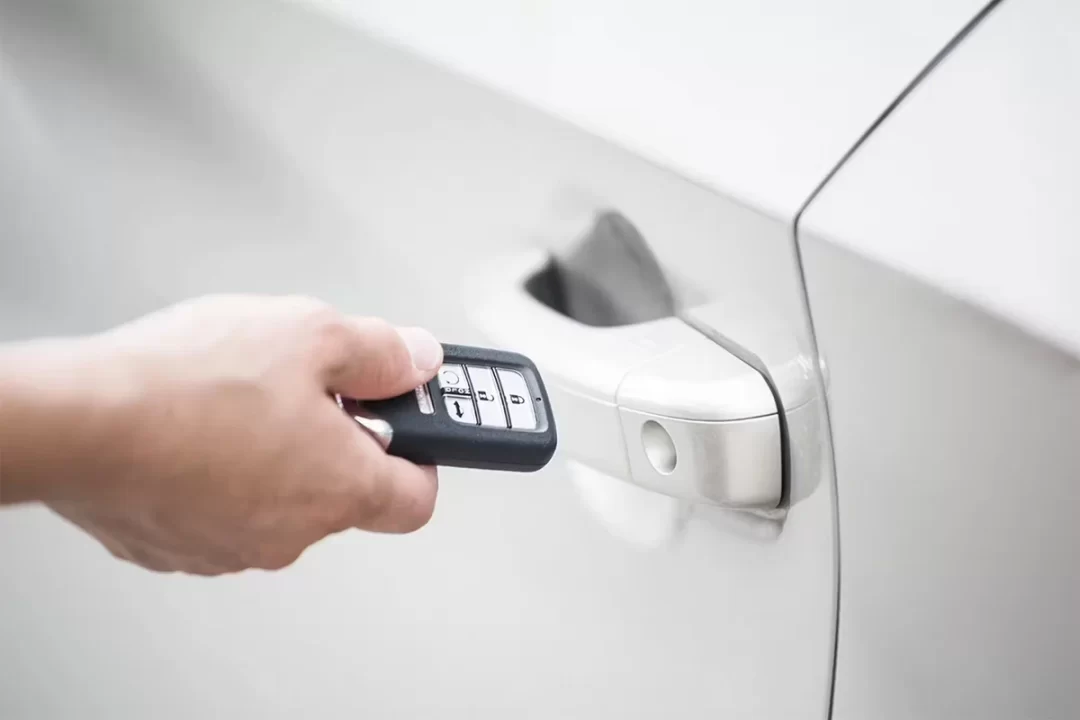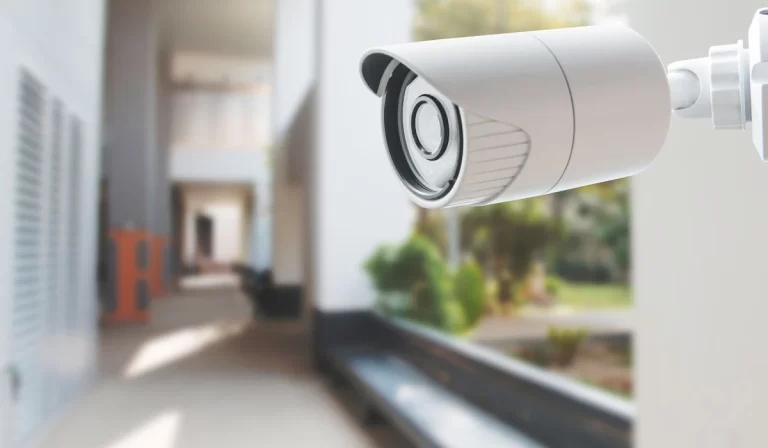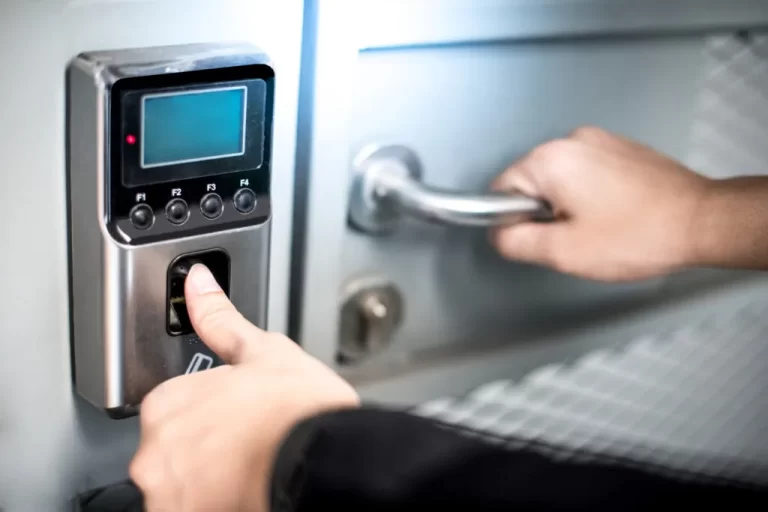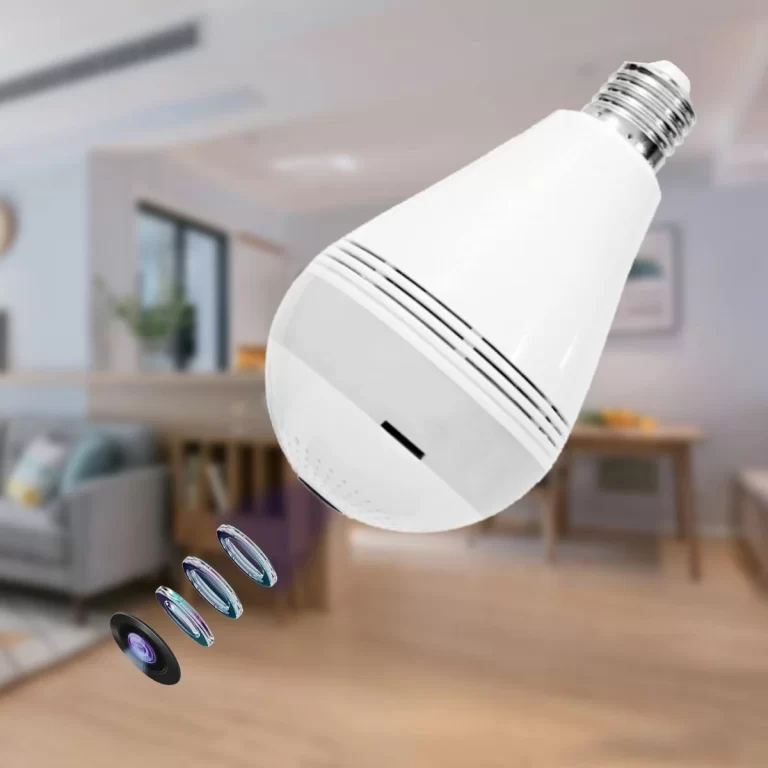What are the Disadvantages of Smart Locks?
With the rapid advancement of technology, smart locks have gained popularity in recent years. These high-tech devices offer convenience, enhanced security features, and the ability to remotely control access to our homes.
However, like any technology, smart locks also have their disadvantages. In this article, we will explore the potential drawbacks of smart locks, shedding light on important factors to consider before embracing this modern convenience.
What are the Disadvantages of Smart Locks?

Smart locks undoubtedly offer a range of benefits that make them an appealing choice for homeowners. However, it is essential to weigh these advantages against the potential disadvantages to make an informed decision.
Let’s delve into the downsides of smart locks to gain a comprehensive understanding of their limitations.
1. Vulnerability to Hacking
One of the primary concerns associated with smart locks is their vulnerability to hacking.
Just like any other internet-connected device, smart locks can be targeted by cybercriminals attempting to gain unauthorized access to your home.
While manufacturers take measures to enhance security, hackers continually evolve their tactics, often finding ways to exploit vulnerabilities in smart lock systems.
It is crucial to choose a reputable brand that prioritizes security and regularly updates its firmware to mitigate this risk.
2. Reliance on Technology and Power Outages
Smart locks heavily rely on technology and require a stable power source to function properly.
In the event of a power outage or technical malfunction, traditional locks can be manually operated, ensuring access to your home is not compromised.
However, smart locks may become temporarily inaccessible during such situations, leaving you locked out or unable to secure your property.
It is vital to have a backup plan in place, such as keeping spare keys or utilizing alternative access methods.
3. Potential for Malfunction
Like any electronic device, smart locks can experience malfunctions. Whether it’s due to a software glitch or a hardware issue, there is always a possibility that your smart lock may fail to operate as intended.
This can lead to frustrating situations where you are unable to lock or unlock your door using the smart lock’s features. While such malfunctions are relatively rare, it is still important to be aware of this potential disadvantage.
4. Limited Compatibility
Another disadvantage of smart locks is their limited compatibility with existing door hardware. Depending on the model and brand of your smart lock, it may require specific door types or additional modifications for proper installation.
This can be a significant inconvenience and may require additional expenses if your current door setup is not compatible.
Before purchasing a smart lock, ensure that it is compatible with your door and seek professional advice if necessary.
5. Battery Dependency
Smart locks typically rely on batteries for their power supply, which means they require regular battery maintenance. While most smart locks come with low battery indicators, it is still possible to overlook or forget to replace the batteries.
If the batteries die without your knowledge, you may find yourself locked out or unable to secure your home through the smart lock system.
To mitigate this risk, it is advisable to establish a routine for checking and replacing batteries proactively.
6. Higher Cost
Compared to traditional locks, smart locks tend to be more expensive. Along with the initial purchase cost, you may also need to consider additional expenses such as installation fees and ongoing maintenance.
While the convenience and advanced features of smart locks may justify the higher price tag for some homeowners, it is essential to evaluate your budget and determine whether the added benefits outweigh the increased cost.
7. Privacy Concerns
Smart locks are connected to the internet or utilize wireless communication technologies, enabling remote access and control.
However, this connectivity raises privacy concerns, as it introduces the potential for data breaches or unauthorized monitoring.
It is crucial to research the privacy policies of the smart lock manufacturer and opt for devices that prioritize data protection and encryption.
Additionally, it is advisable to regularly update the firmware of your smart lock to ensure any security vulnerabilities are addressed promptly.
8. Physical Security Risks
While smart locks aim to enhance home security, they are not impervious to physical security risks. Some smart lock models may have physical vulnerabilities that allow skilled intruders to bypass their security features.
It is essential to choose a smart lock that has undergone rigorous testing and certification to withstand common physical attacks.
Consider consulting security professionals or conducting thorough research before purchasing to ensure the smart lock you choose offers robust physical security.
Conclusion
Smart locks undoubtedly offer convenience and enhanced security features, but they also come with a set of disadvantages.
From the potential vulnerability to hacking and power outages to concerns about compatibility, malfunction, and privacy risks, it’s crucial to be aware of these downsides before embracing this technology.
By understanding the disadvantages, you can make an informed decision and take necessary precautions to mitigate risks associated with smart locks.
READ ALSO!!!





